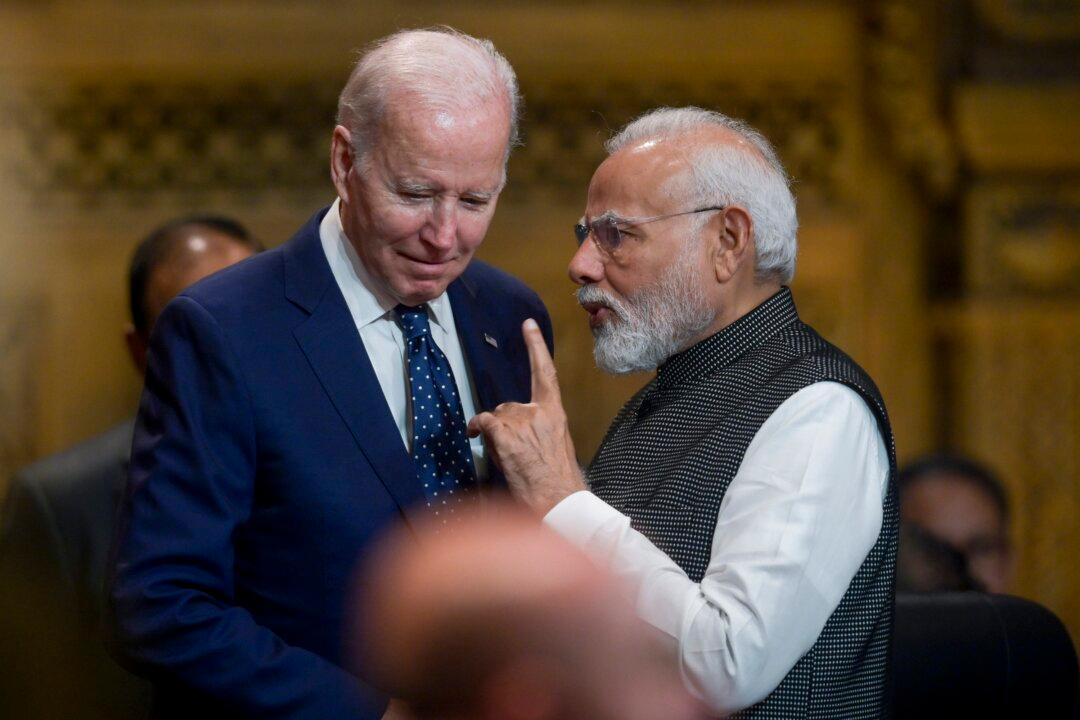Indian Prime Minister Narendra Modi arrived in New York on Tuesday for his first state visit to the United States as the two nations seek to deepen relations amid China’s growing influence in the Indo-Pacific.
Modi has been to the United States five times since becoming prime minister in 2014, but his visit this week, which will run until Saturday, will be his first with the full diplomatic status of a state visit.





